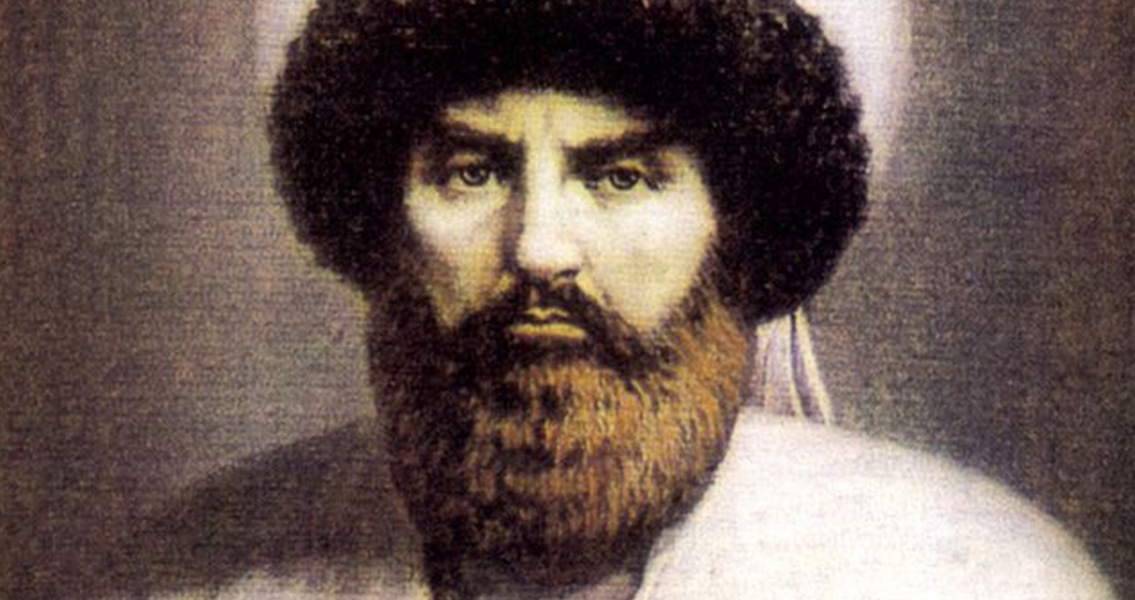<![CDATA[Hours before Vladimir Putin made his annual state of the nation address in Moscow on Thursday, a series of deadly gun battles erupted in the Chechen capital, Grozny. The fighting started following militant attacks on a series of buildings in the city. At least nine police officers and six militants have been killed in the incident, and the city's Press House has been destroyed. The relationship between Chechnya and Russia is a historically volatile one, and the fact these attacks have occurred on the day of one of the Russian President's most high profile speeches, is surely not a coincidence. The current Chechen leader, the Russian supported Ramzan Kadyrov, has led a tough security crackdown in recent years. Attacks by Islamic militants have become increasingly rare, although the Caucasus region in general has remained a dangerous place, especially in the republics of Dagestan and Ingushetia. For nearly two centuries, from the reign of the Tsars, through the Soviet Union and into the age of Yeltsin and Putin, the relationship between Russia and Chechnya has been difficult. It took years of bloody conflict for Imperial Russia to finally annex the Caucasus. Russia's conquest of the region had started in 1817, but it was still combating guerilla resistance movements as late as 1864. Chechnya (then a part of Dagestan) ultimately fell to Russia in 1859, following the surrender of Imam Shamil, a key anti-Russian resistance commander and Muslim leader in the region. For sixty years Chechnya remained a part of the Russian Empire, until the start of the Russian Revolution. Like much of Russia's imperial territories, the people of the Caucasus took advantage of the chaos and instability. Dagestan (which then included Chechnya) proclaimed independence in 1917. For five years it was autonomous, until Soviet troops reclaimed the territory in 1923. The USSR's leaders divided up the region, creating the Chechen-Ingush Autonomous Socialist Republic - the precursor to modern Chechnya. In 1944 the Chechens were the victims of one of Stalin's bloody purges, with thousands deported to Kazakhstan and Siberia on suspicion of collaborating with Nazi Germany. The republic of Chechnya-Ingushetia was dissolved, not returning until 1957 when Kruschev attempted to reverse some of the crimes of Stalinism. The surviving ethnic Chechens were slowly returned to their own land. When the Soviet Union collapsed in 1991, Chechnya's president Dzhokhar Dudayev proclaimed the country's independence. Russian President Boris Yeltsin rejected the proclamation, and sent troops to Chechnya's airport. They were met by resistance fighters, and forced to return to Russia in buses, humiliated. In the following years, Chechnya became more aggressive in its defiance of Moscow, further provoking the Kremlin. Russian troops returned to the region in 1994. Again, the Russia commanders seem to have underestimated the strength of the Chechen fighters. A long conflict against the entrenched Chechen resistance ensued, with 100,000 people killed in a 20 month war. A peace was agreed, a compromise which left no side content. Chechens hadn't won complete independence, while Russia was frustrated that its influence in the region was deteriorating. The rise of Putin in Russian politics has heralded a much firmer stance on Chechnya. In 1999 Chechen forces crossed into Dagestan to support a declaration of an independent Islamic State. A wave of terrorist attacks in Russia were also blamed on Chechen secessionists. (a connection that has yet to be proven) The response from Russia was swift, with the insurgency quickly suppressed, and Russian soldiers occupying Chechnya. Chechnya remained an area of conflict for much of the first decade of the twenty first century. Russian counterinsurgency forces continued to operate in the country, while Chechen separatists continued to campaign for secession from the Russian Federation. Accusations of corruption, conspiracy and terrorism were rife between both sides. Kadyrov's rise to the presidency in 2007 was an appointment popular in Moscow. In 2009 he claimed the Chechen insuregency had been crushed, a sentiment echoed by then Russian president Dmitry Mededev. Chechnya, like much of the Cascasus region, is directed by politics, cultures and traditions it is almost impossible for outsiders to truly understand. Likewise, the republic's relationship with Russia is one far too complicated to just be summarised as a secessionist conflict. What is clear from the events of Thursday however, is that the region remains an incredibly volatile place.]]>
Russia and Chechnya – Two Centuries of Hostility
